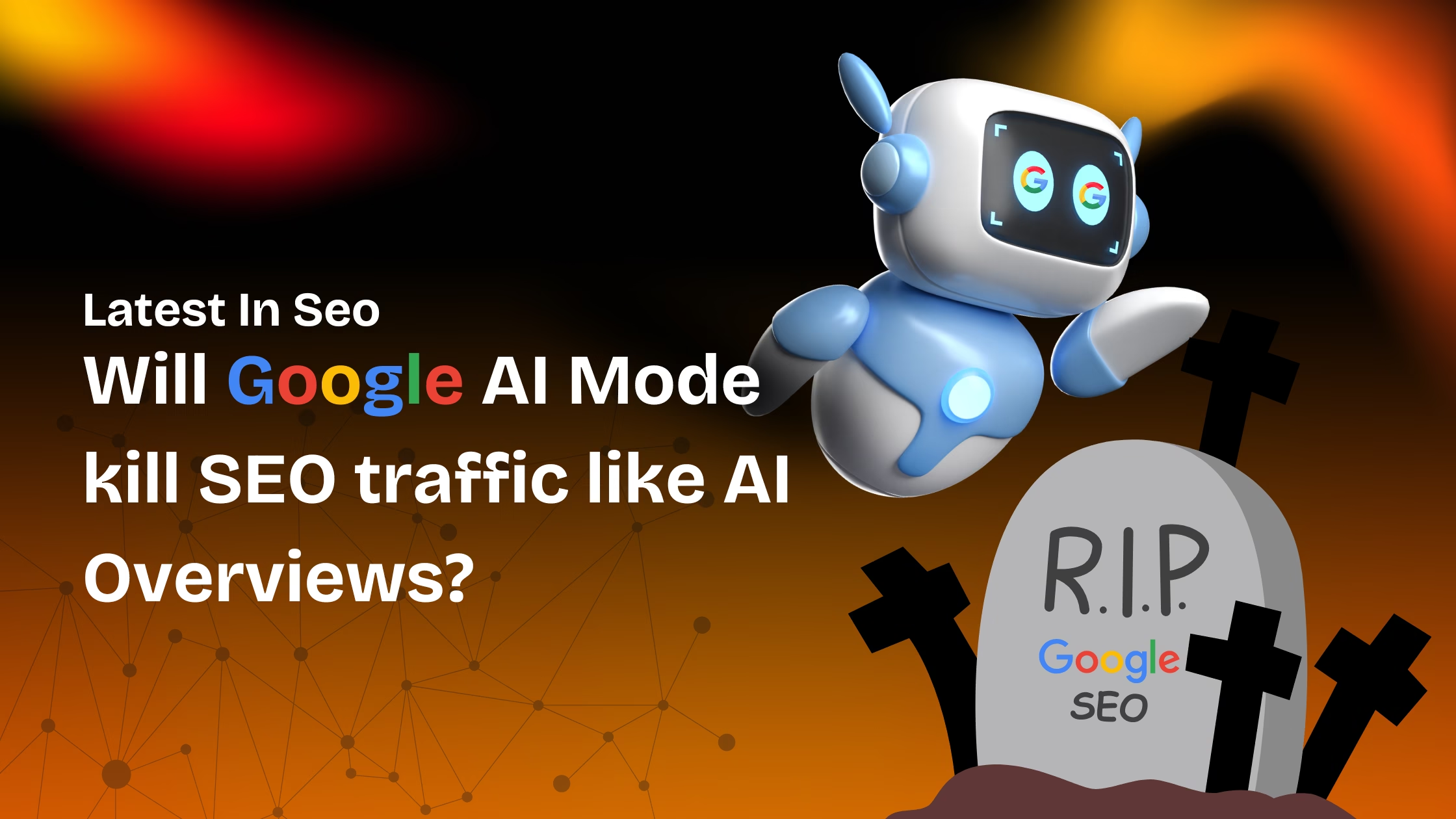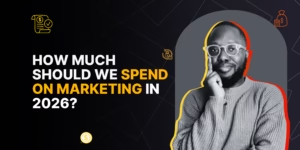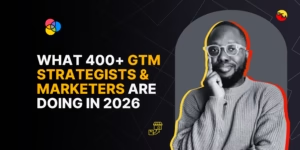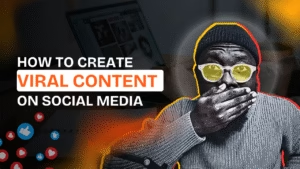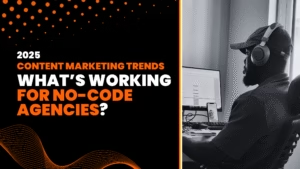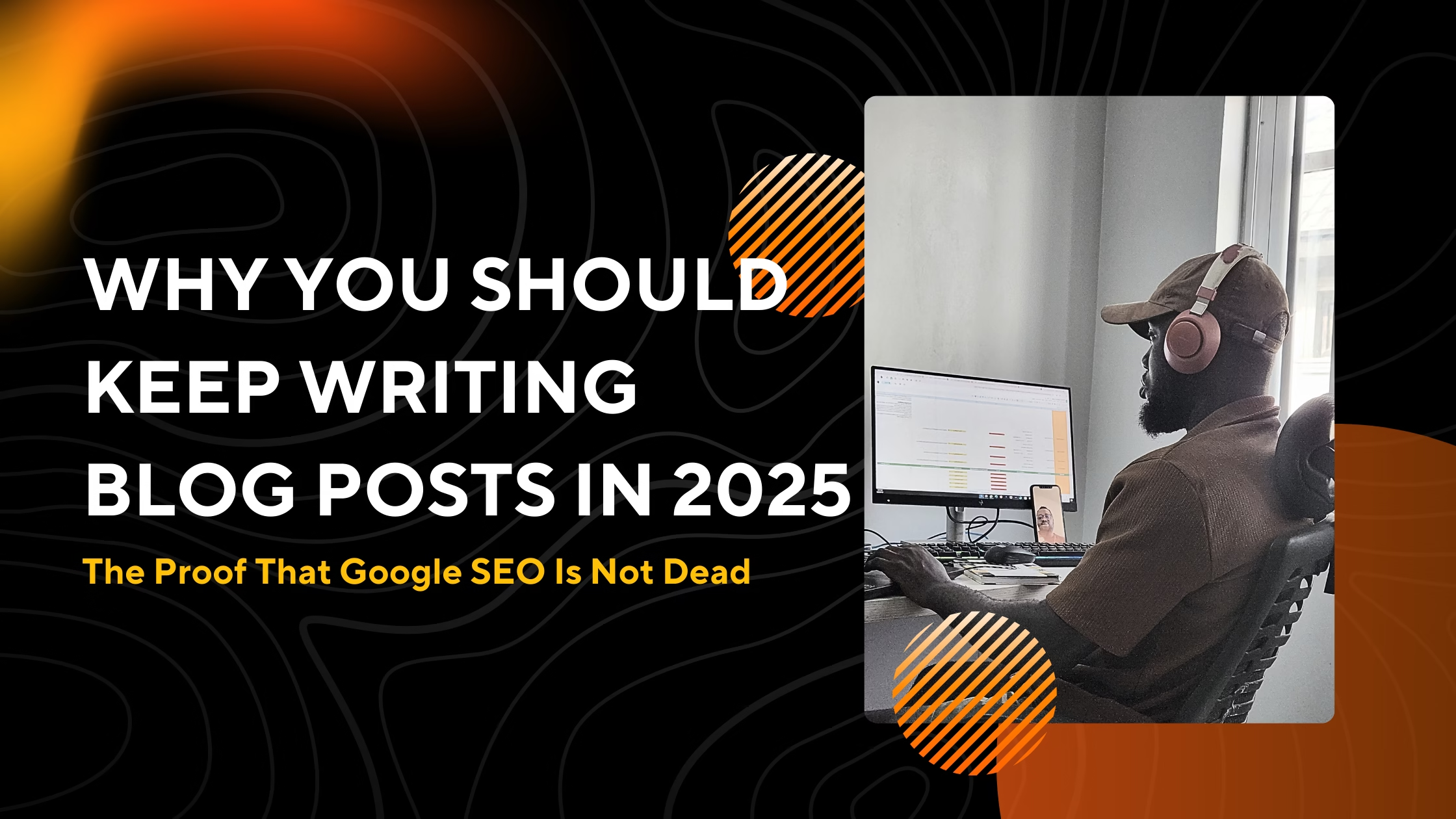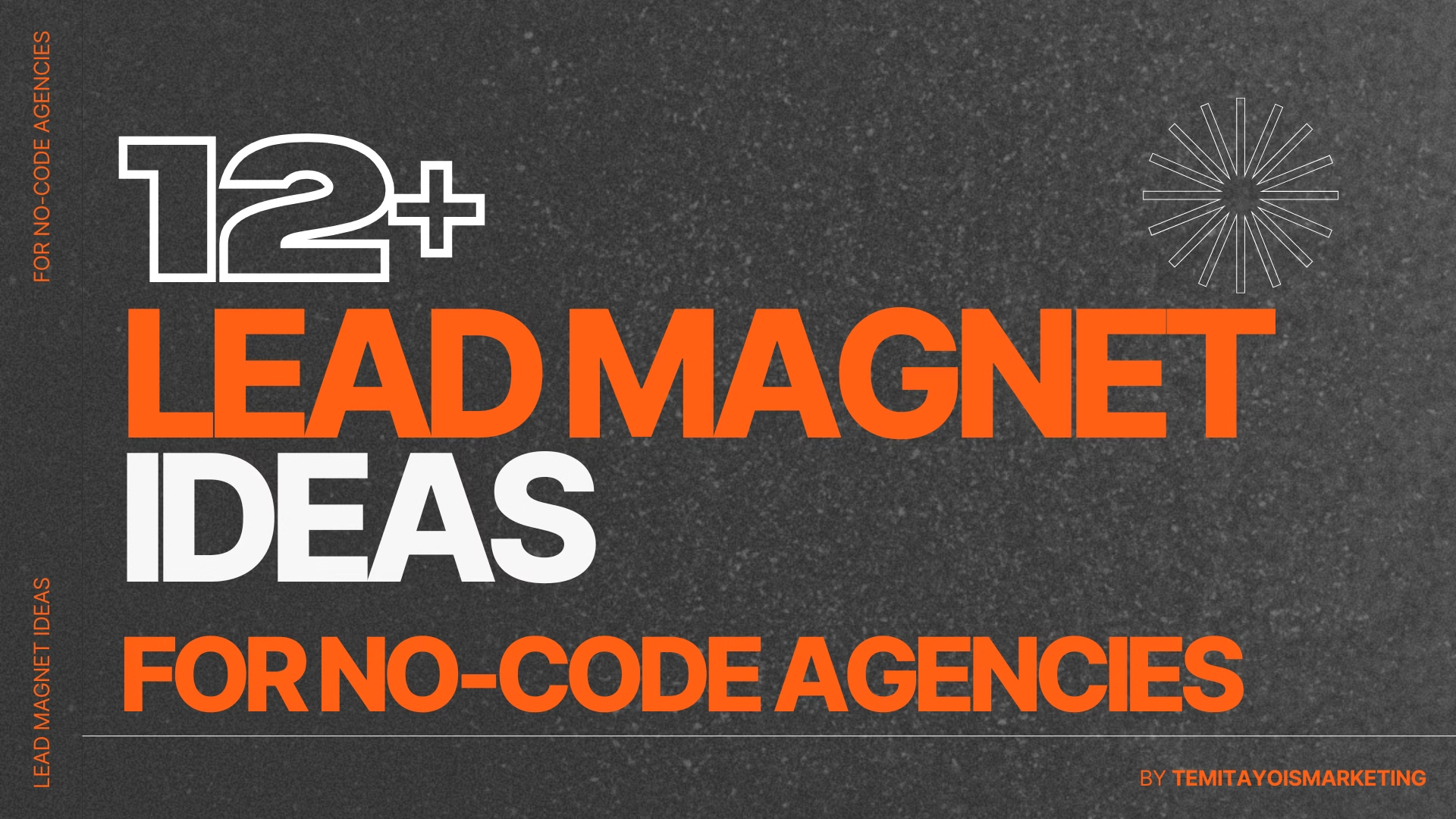Over the past year, we SEOs have watched the world of search evolve faster than ever.
- Google rolled out AI Overviews
- We are approaching 70 %+ zero-click results
- More people are using social search (more than Google),
- AI search on ChatGPT
And now, I’ve got wind of Google’s experimental AI Mode– Google with a conversational interface- that turns the search engine into more of a smart assistant that allows searchers to ask follow-up questions
Which already raises a serious question:
Will AI Mode be the final blow to organic SEO traffic?
Here’s what I think — and why I believe it’s more nuanced than the typical “SEO is dead.”
The Future Of Search Is Conversational!
Maybe made more obvious by ChatGPT and the likes, but one thing that’s been missing from Google Search, you’ll agree with me, is the ability to ask follow-up questions in real time.
For years, searchers have been forced to compress their needs into short, sharp queries like:
- “Best ways to make money online”
- “How to hire a content marketer”
- “Freelance copywriter rates”
And even when they have more questions, they have to start their search all over again!
The thing is, these phrases often leave out context, and in recent times, one thing is clear: context is everything.
And that’s why people have increasingly turned to AI tools like ChatGPT, where they can ask complex, nuanced questions relative to the above, like:
“Say I’m a small business making $40,000 a month, and I want to hire a content marketer. What should I look for, How much should I offer, and Where do I find the right person?”
This is the kind of query that traditional Google wasn’t built for.
But AI Mode promises to be different — it introduces true back-and-forth search, allowing users to clarify, refine, and go deeper. It’s not just a one-time search. It’s a conversation.
What Do I Think This Means for SEO
The Good Stuff First:
1. Deeper Insight Into Search Intent
In the old/traditional model, SEOs used tools like Ahrefs, SEMrush, and Ubersuggest to infer search intent.
You could guess that someone searching “freelance writer rates” might be looking to hire,
but you didn’t know for sure.
Could be someone who’s a freelance writer, who’s also looking to compare rates!
However, with conversational search, we may soon get access to richer signals:
“Freelance writer rates → of female writers in the UK → with 3+ years experience → writing for new SaaS blogs→ on a part-time basis.”
This is next-level intent.
And if Google ever makes this data available (via Keyword Planner, Google Trends or other tools),
SEOs and PPC advertisers will have a goldmine of insight for content strategy and targeting.
2. Shift from “Keyword Optimization” to “Conversation Optimization”
I think while keywords will still matter, because old habits die hard,
The focus will shift to optimising for entire “conversation clusters” or “information journeys.”
We content creators (and writers) will need to think about how our content addresses not just a single query,
but also potential follow-up questions around it and related information needs.
This means we create more interconnected and comprehensive content hubs rather than isolated articles.
This could also mean that instead of your web page just being ranked for a keyword,
your content might be referenced by the AI as a source, as is already seen in AI overviews, but for a specific piece of information within a larger conversation.
Which could lead to a different kind of “visibility” that isn’t just about direct clicks but about being recognised as a credible source.
Although I’m not sure how this translates to traffic, but it definitely translates to brand awareness.
Now, The Not So Fun Stuff:
3. Google AI Mode Might Intensify Zero-Click Searches
I think the quality of the answer and the user’s need for deeper exploration will determine if a click happens.
The AI mode facilitates multi-turn conversations within Google, which could cause users to be retained within the search results page.
thus reducing the clicks to external websites & pages even more.
However, if the AI provides concise answers but the user wants to compare options, delve into case studies, or make a purchase, they may still click through.
The challenge for you & me will be to ensure our content is compelling enough even after the initial AI answer, perhaps by offering unique perspectives, tools, or deep dives that the AI cannot fully replicate.
And to that, I wish you good luck!
4. Increased Emphasis on Authority and Trust
So far from our experience with ChatGPT and the content it references, the AI’s ability to synthesise and present information accurately is vital.
This means that the sources Google AI Mode will draw from will still need to be highly authoritative and trustworthy.
For SEOs, this translates to an even greater emphasis on E-E-A-T (Experience, Expertise, Authoritativeness, Trustworthiness).
Brands and individuals who consistently produce high-quality, factually accurate, and well-researched content will be more likely to be cited or referenced by Google’s AI.
So, Will SEO Die?
My thoughts?
Not quite.
But just like it’s been doing in the past couple of months, again, it will evolve, and it will do it fast.
Google isn’t just changing how it ranks content, as we’ve been used to
It’s adapting to how people search entirely.
To survive (and thrive), I think we SEOs and content marketers must:
- Stop thinking like publishers.
- Start thinking like product designers or assistants.
- Focus on usefulness, context, and human nuance.
This isn’t the death of SEO.
But it is most likely the death of lazy SEO.
And maybe—just maybe-that’s a good thing.
What are your thoughts on this evolution? Are you preparing your content strategy differently?
